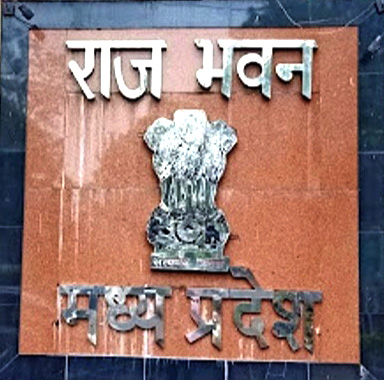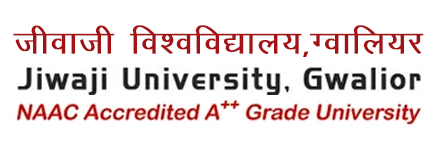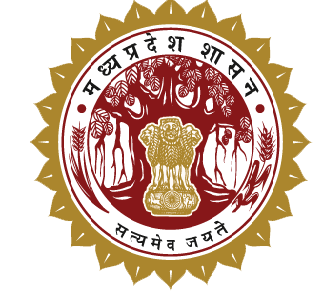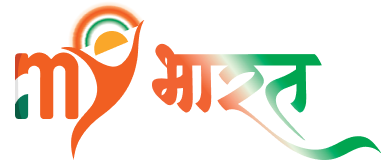Global Initiative of Academic Networks (GIAN) Cell
Guidelines
The important aspects of the GIAN programme are as follows :-
- Academic Institute/Universities will identify one or more subjects to be offered in this MHRD scheme. This subject typically should not be offered in the regular semesters/year and can be interdisciplinary/industry oriented/ research oriented in nature and scope.
- Duration: Subjects should be offered in the Summer and Winter vacation of the host Institute.
- Each subject should be taught by at least one reputed international faculty jointly with one faculty from the host Institute. The international faculty should beo
- an expert in the area specified in the subject.
- working in academic institutions / industry / research organizations / independent researcher of international repute.
- encouraged to engage in a long term collaborative research programme with faculty members of the host Institute.
- Each subject should be designed as per following: Duration of a lecture hour: 1hr. Total number of lectures: 30 Maximum lectures per day: 3 lectures and / or tutorials ( eg 2 lectures and 1 tutorial) Total duration of a subject: 10 working days.
- The students can also obtain academic credits for these subjects based on the evaluation and grading process and agreed credit transfer mechanism between that host institute and the home institute of the students. The home university of the student will be mainly responsible for transferring academic credits. The host institute will only provide information on the grading system, subject syllabus, and the academic policy.
- A number of course would be taught by the Institute during the International Summer/Winter term. The participants have to resister for the subjects offered in this scheme with payments of registration fee plus the subject fee for each subject registered. While, the registration fee would be a nominal fee for registering for the course, once selected, the subject fee would depend on the number of subjects, the participants chooses to take.
- After successful completion of the subject, all participants, will get subject participation certificates. Those participating in examinations will get completion certificates with grades and credits.
- Each course should have a minimum of 50 participants. At least 30 participants must be teachers and students from other institutions, among whom at least 20 must be teachers from other Institutions.






